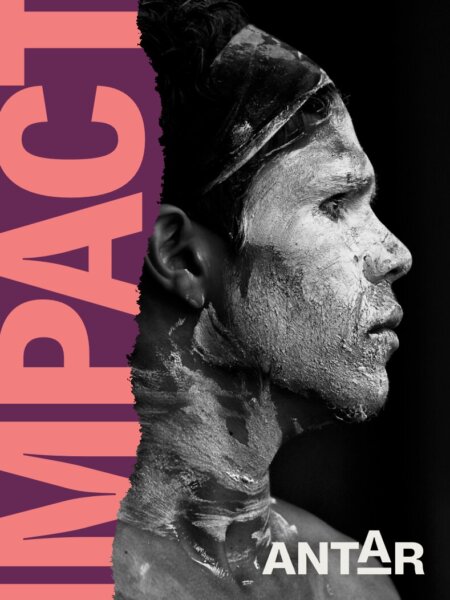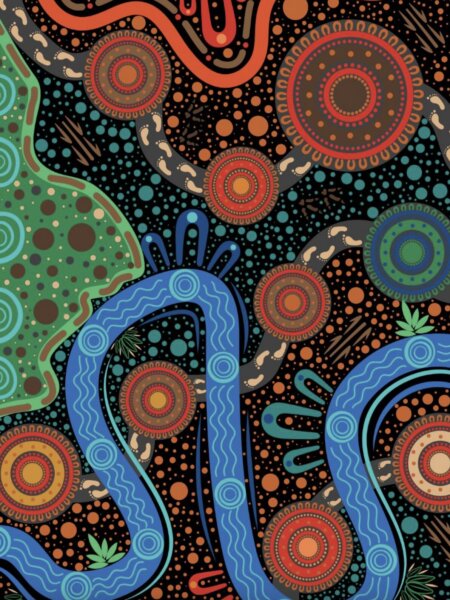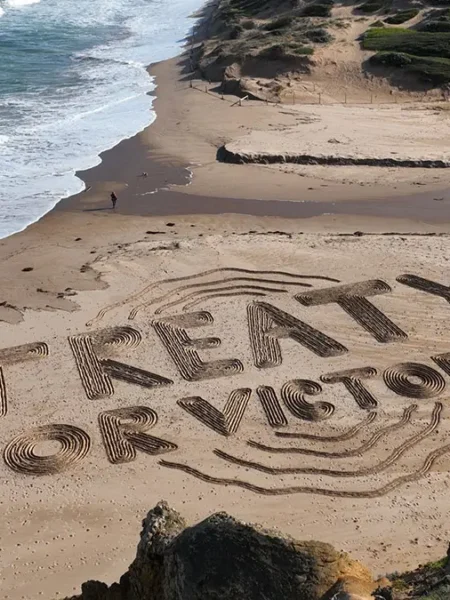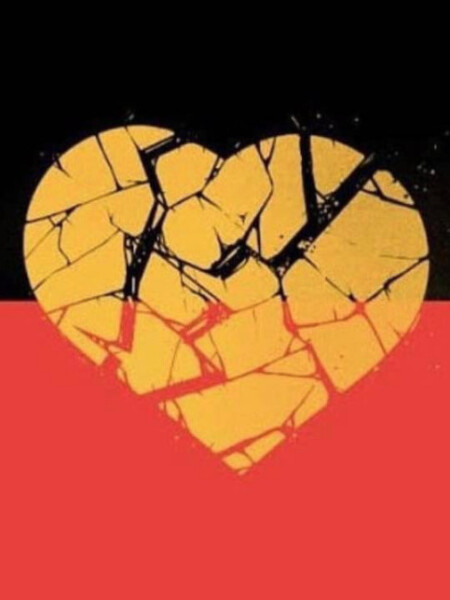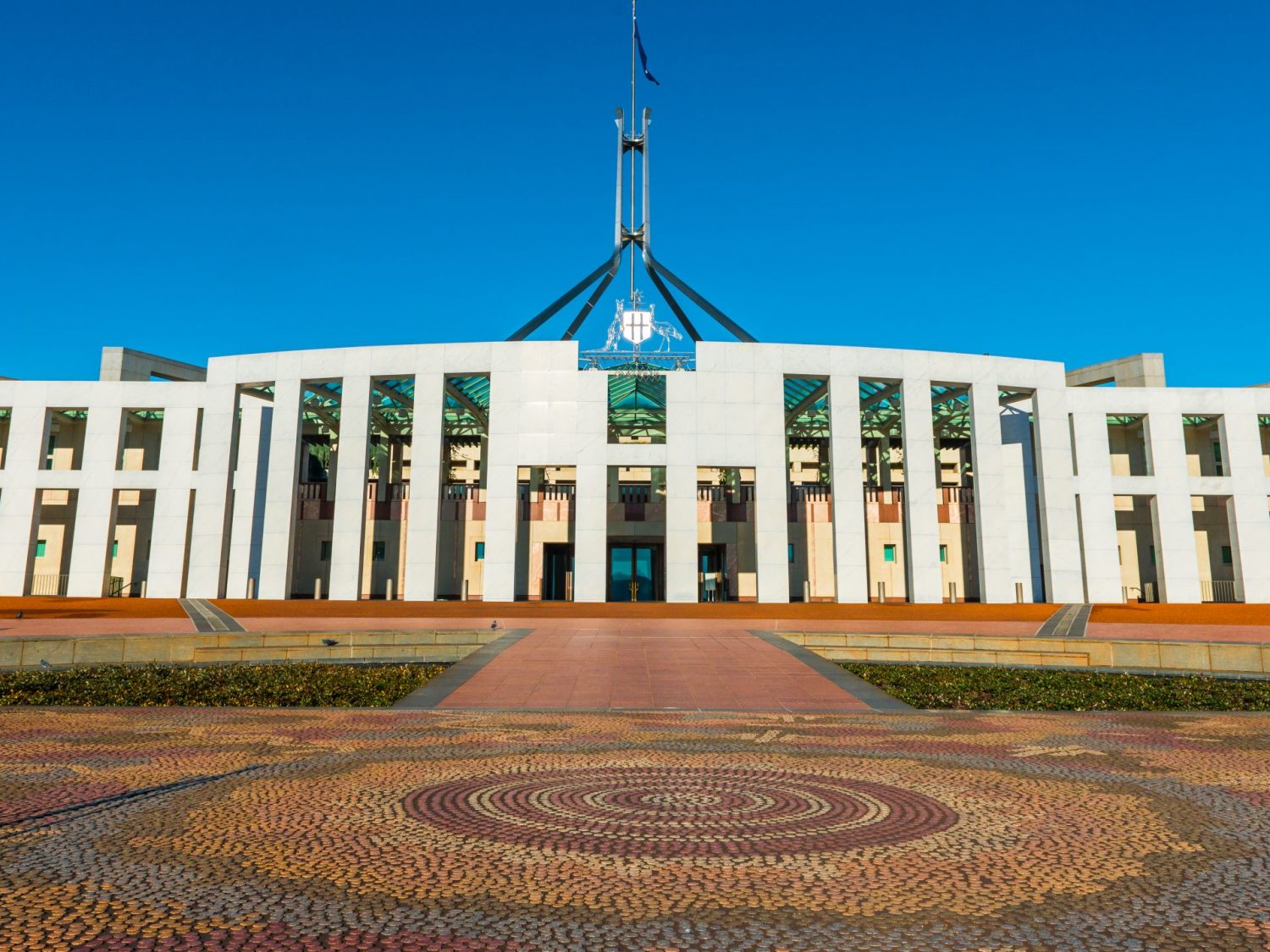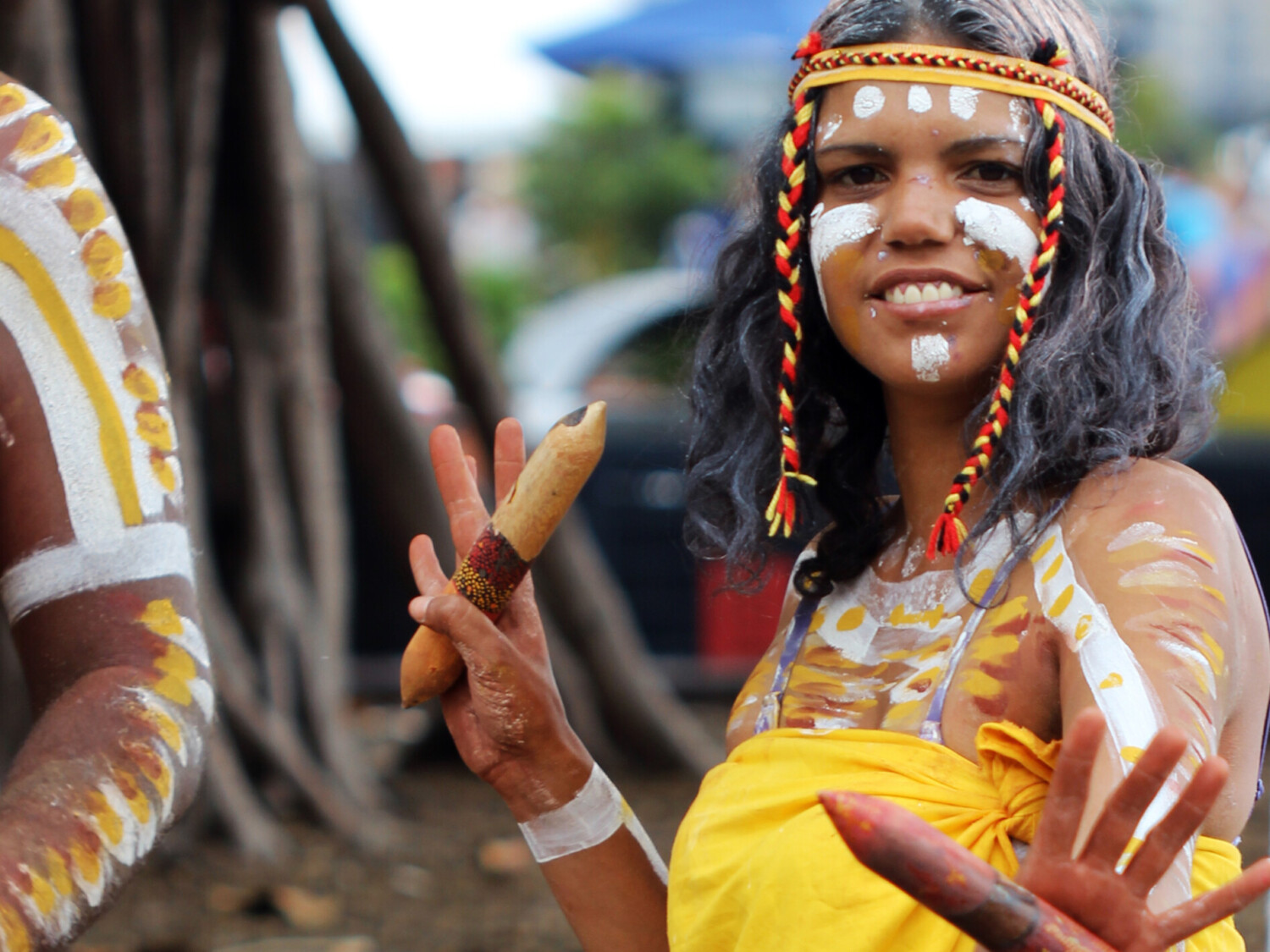The Uluru Statement from the Heart calls not for symbolic recognition, but substantive structural reform that challenges a history of policies of colonial control and enables First Nations peoples to have a voice(s) in decision-making on matters that impact their lives. The Statement calls for a sequenced package of reforms centered on three pillars: Voice, Treaty and Truth.
Recognition in the form of a First Nations Voice to Parliament that is able to make representations to government based on cultural safety and lived experience would have enhanced social inclusion and self-determination of First Nations peoples and communities. In its ability to present culturally safe, place-based, and appropriate solutions based on First Nations ways of knowing, being and doing, a Voice would have also contributed to efforts to close the gap. This is reflected in research by the Lowitja Institute, which demonstrates that recognition through a Voice to Parliament would improve First Nations peoples and communities associations with healthcare and decrease medical practitioners prejudice against First Nations peoples experiencing illness.
A published report by the Royal Australian and New Zealand College of Psychiatrists found that a First Nations Voice to Parliament would improve self-determination and negative mental health through supportive social structures, recognition of cultural identity, truth-telling and protection from discrimination.
During the Referendum campaign, Wiradjuri woman and the Federal Minister for Indigenous Australians Linda Burney outlined health, education, jobs, and housing as the Voice to Parliament’s first priorities. In a National Press Club Speech, Burney articulated a First Nations Voice would enable grassroots and evidence-based policy to respond to Aboriginal and Torres Strait Islander peoples’ disproportionate inequity; “We need new perspectives to old challenges – perspectives that are connected to communities. We need ideas that come from the people on the ground. We need a Voice”.
Voice, Treaty, Truth
The significance of a constitutionally enshrined Voice lies also in its ability to establish a pathway to treaty-making and truth-telling. Fair, modern treaty negotiations require first the establishment of a representative First Nations body to negotiate the rules of the game with the state. Without a change to the foundational rules of the State – that is, the Constitution – treaties negotiated between it and sovereign First Nations peoples remain at risk of being a negotiation between foundationally unequal entities, producing agreements that fail to reflect inter-sovereign respect and power sharing.
Truth follows Voice and Treaty, because, as Torres Strait Islander political scientist Sana Nakata explains, Voice ensures Truth will matter more than just “continued performance of our rage and grief for a third century and longer”. Voice establishes the power for Treaty, and Treaty establishes the safekeeping of Truth.
For Cobble Cobble woman and Professor Megan Davis, Voice, Treaty and Truth are a prerequisite for peacemaking:
…a nation cannot recognise people they do not know or understand. The Aboriginal experience in Australian history is critical to recognition. From pre-contact to invasion, from conciliation to the frontier wars and killings, from compulsory racial segregation to assimilation, from self-determination to the return to neo-paternalism, it is time now to make peace and the Uluru reforms are the road map to peace.
Bunuba woman and Aboriginal and Torres Strait Islander Social Justice Commissioner Dr June Oscar articulates the link between Voice and truth-telling:
To commit to truth and to ensure that we do the difficult but transformative work of truth telling we need structural reform. Our Aboriginal and Torres Strait Islander voices need to be guaranteed a place at the decision-making table to design policy and legislation that directly affects us.
On truth-telling, Miriam-Rose Ungunmerr, a Nauiyu elder and activist, describes the practice of Dadirri or deep listening as:
…inner, deep listening and quiet, still awareness. Dadirri recognises the deep spring that is inside us. We call on it and it calls to us. This is the gift that Australia is thirsting for. It is something like what you call contemplation. When I experience dadirri, I am made whole again.
As the Healing Foundation Chairman Professor Larkin advocates, “truth-telling is at the core of healing”. In this sense, it is an urgent and necessary step in addressing the many complex layers of intergenerational trauma that have resulted from historical and contemporary processes of colonisation and violence inflicted upon First Nations peoples. Larkin states:
Many Aboriginal and Torres Strait Islander peoples experience trauma as a result of ongoing racism, violence and disadvantage. The lack of shared understanding is also re-traumatising for people already bearing an unfair burden of trauma and it can become a barrier to healing.
For more on the importance of truth-telling in settler colonial Australia, as well as where each state and territory are up to, visit our truth-telling pages.
Disrupting the colonial narrative
The absence of truth-telling not only disrupts the healing of intergenerational trauma, it enables the continuation of problematic colonial narratives of Australian nationhood that include the fundamental erasure of Aboriginal and Torres Strait Islander peoples. As Uncle Jack testified during the Yoorrook [truth-telling] Commission in 2022; “I wasn’t even told I was Aboriginal – I had to discover that for myself.”
As Harry Hobbs argues, constitutional recognition of the sovereignty of Aboriginal and Torres Strait Islander peoples has the potential to disrupt the colonial narratives so embedded in narratives of Australian nationhood:
The nation too is largely imagined. Nevertheless, these imaginations gain legitimacy over time especially as collective memories form and collective rights are asserted. Traditional narratives of Australian identity deny Aboriginal nationhood. If Aboriginal and Torres Strait Islander peoples are to be afforded not special treatment, but equality, legal reform must be directed at viewing Indigenous Australians as ‘co-sovereigns on and of this land’. The Uluru Statement and the Voice to Parliament does not challenge the legitimacy of Australian nationhood but asks for Indigenous nationhood to be placed on an even footing.
In this sense, Voice is important in and of itself – as a permanent and constitutionally secure First Nations representative body – and as a stepping stone to further structural reforms of Treaty and Truth-telling processes. The Voice held the promise of ushering in a new pathway toward a better future – to treaty and truth, and to a fuller sense of nationhood based not on silencing and exclusion but rather, on the deep recognition that Australia is built on the unceded lands of an ancient and continuing culture. It could have been a way forward that acknowledged the violent ruptures of the past and present, and committed to a different and better future.
The importance of implementing the Uluru Statement from the Heart goes beyond the political machinery of Canberra processes, and is rooted in the lived experiences of ‘everyday’ Aboriginal and Torres Strait Islander people and future generations. In the Voice Co-design Process Final Report to the Australian Government, one First Nations respondent said:
I am affected every day by day-to-day policies and procedures, legislation and the rest. Having hope in knowing that there will be an Indigenous voice both local and regional and national to assist in the way Indigenous peoples’ lives are managed from a more close-range means that my children and all Indigenous children from then on will not have to extensively ensure the struggles of everyone before them.
The call for legislative reform is justified in Wiradjuri woman and lawyer Teela Reid’s argument that “[t]he invitation at the heart of the Uluru Statement is a reminder that real change happens when ideas and strategies, when words on paper, are put into action”.

